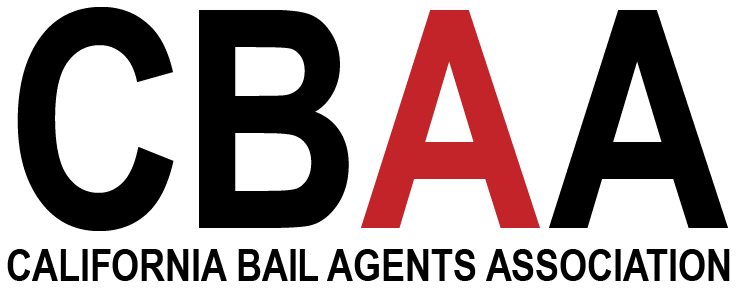internet 97c
Illegal Content You Can’t Watch Online in the USA
What is illegal to watch on the internet in usa
Engaging with certain types of media can lead to severe legal repercussions in this region. Materials featuring explicit violence, child exploitation, or drug-related activities are strictly off-limits and come with hefty penalties. Laws are designed to protect individuals and society from harm, and violating these regulations can result in criminal charges.
Another category of concern involves copyrighted material. Consuming or distributing works without permission can invoke significant fines and legal actions. Streamers, downloaders, and sharers alike should be aware of potential implications and ensure they are accessing legitimate platforms offering proper licensing.
Furthermore, accessing unfiltered or potentially harmful extremist propaganda can lead to serious consequences. Such materials are monitored and often flagged by authorities to maintain public safety and security. Awareness of these boundaries is crucial for anyone navigating the vast expanse of available media.
Types of Content Banned Under US Law
Several categories of material are prohibited by statutes and regulations. One significant type includes materials that involve exploitation of minors, such as sexually explicit images or videos. Strict sanctions are enforced against distribution or possession of these items.
Another category encompasses various forms of obscenity, which the Supreme Court has defined through the Miller test. Material deemed to lack serious artistic, literary, or scientific value and that appeals to prurient interests may fall under this classification.
Fraudulent activities such as scamming schemes also result in prohibitions. Promotions or representations that mislead consumers can lead to criminal charges and civil penalties. Websites enabling or advertising such schemes are closely monitored and enforced against.
Content that promotes violence, including incitement to imminent lawless action or recruitment for terrorist activities, faces stringent restrictions. Organizations engaging in or endorsing violent acts may face legal consequences, including the removal of related online materials.
Hate speech, while often protected under free speech, crosses into unlawful territory when it incites violence or discrimination against identifiable groups. Material that crosses this line can be taken down by platforms and lead to criminal prosecution.
Finally, copyright infringement represents a significant issue. Unauthorized reproduction or sharing of protected works can lead to civil lawsuits and criminal charges. Platforms hosting such materials risk penalties and removal of infringing content.
Legal Consequences of Accessing Prohibited Material
Engagement with restricted material carries specific repercussions. Criminal charges may arise, leading to possible fines or imprisonment, depending on severity and circumstances. For instance, accessing items depicting unlawful acts can result in felony charges, invoking harsh penalties.
Beyond criminal repercussions, civil liabilities may also ensue. Copyright holders may pursue lawsuits seeking damages for unauthorized reproduction or distribution, often resulting in significant monetary judgments against offenders.
Employers may take punitive actions against individuals discovered accessing prohibited resources at work, potentially leading to termination of employment. This applies especially within organizations with strict digital conduct policies.
Additionally, individuals may face repercussions on personal reputations. Knowledge of engaging with prohibited material can lead to social stigma and impact future opportunities in employment or personal relationships.
To mitigate risks, it’s advisable to remain informed about local laws and regulations regarding access to various types of media. Actively seeking legal advice can further clarify permissible resources and safeguard against unintentional violations.
